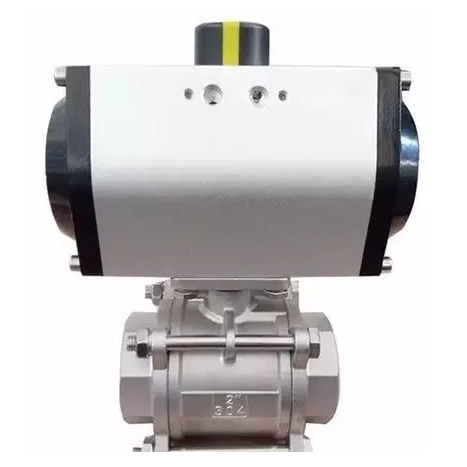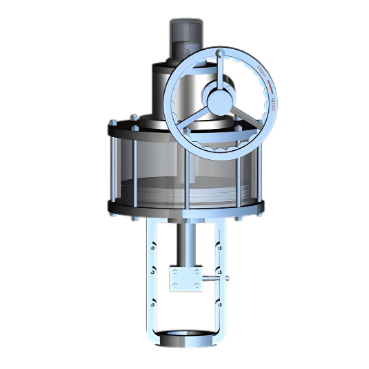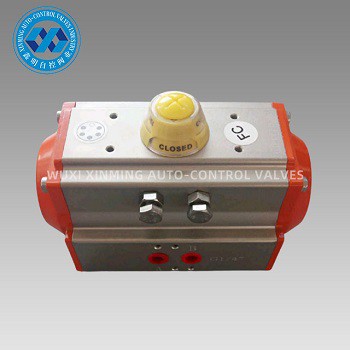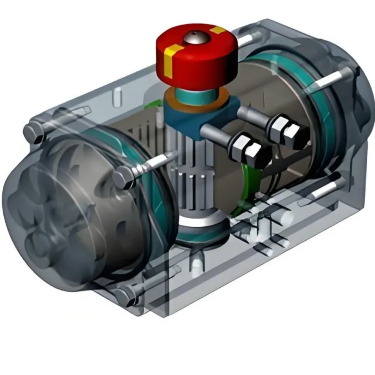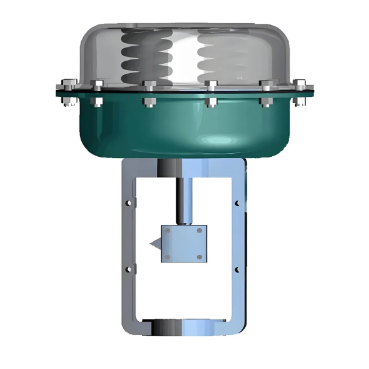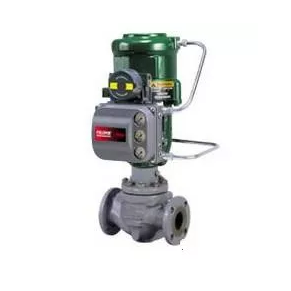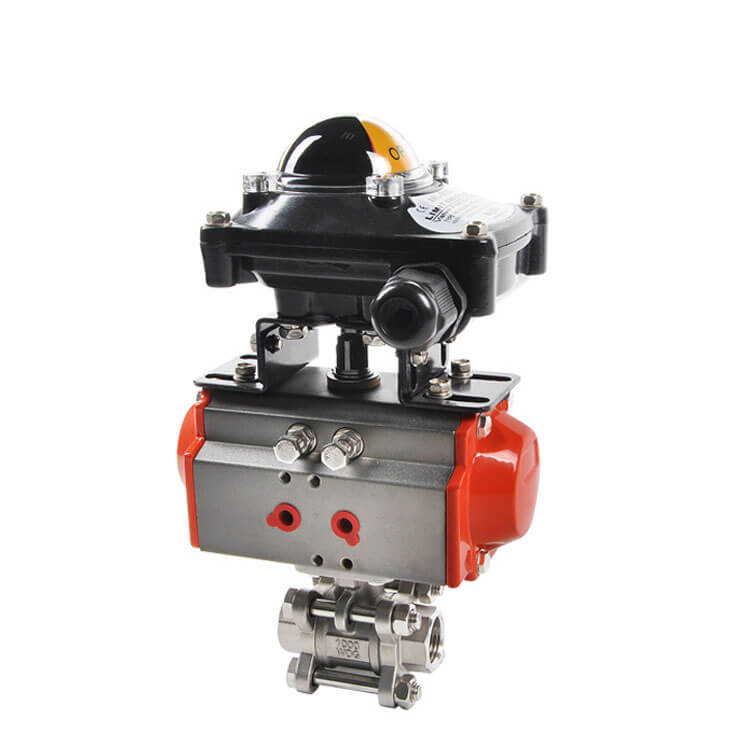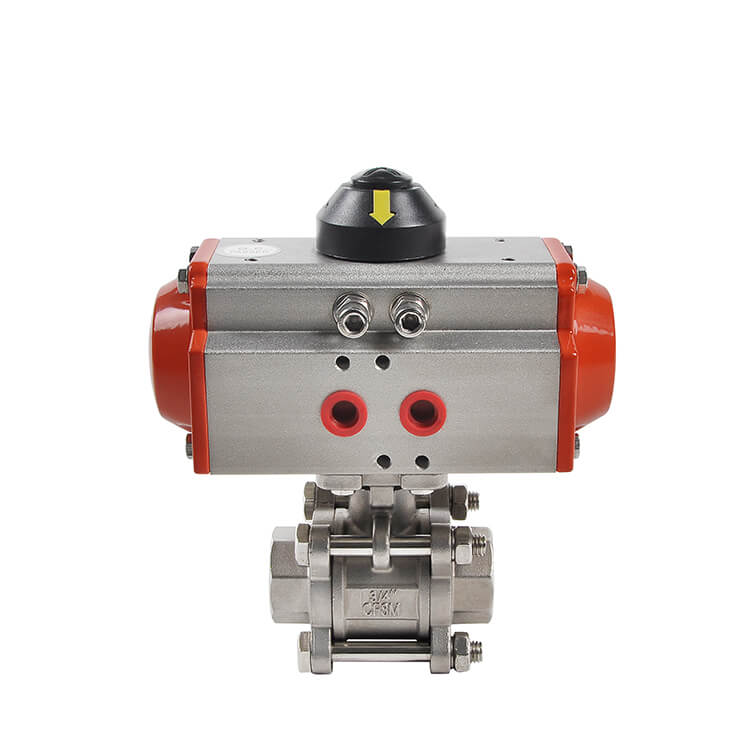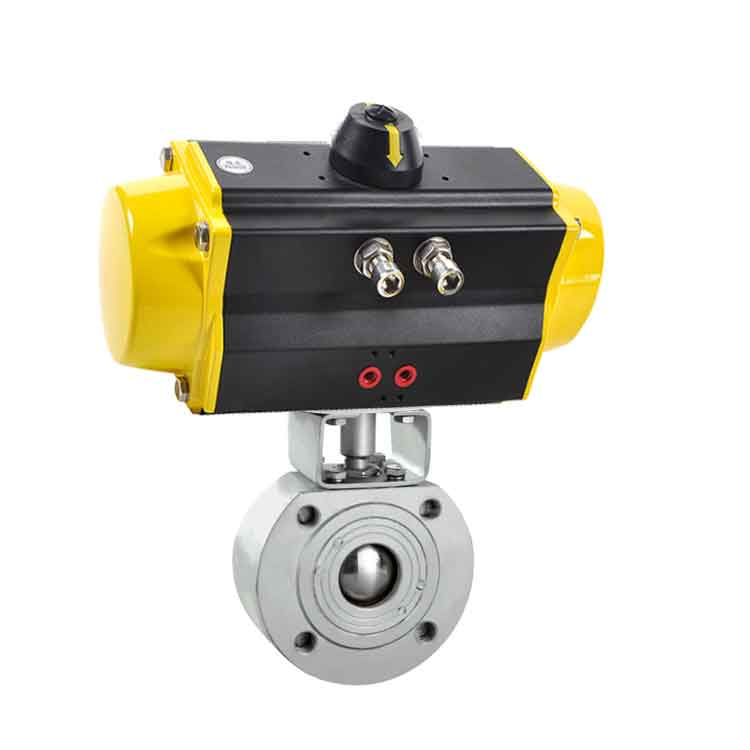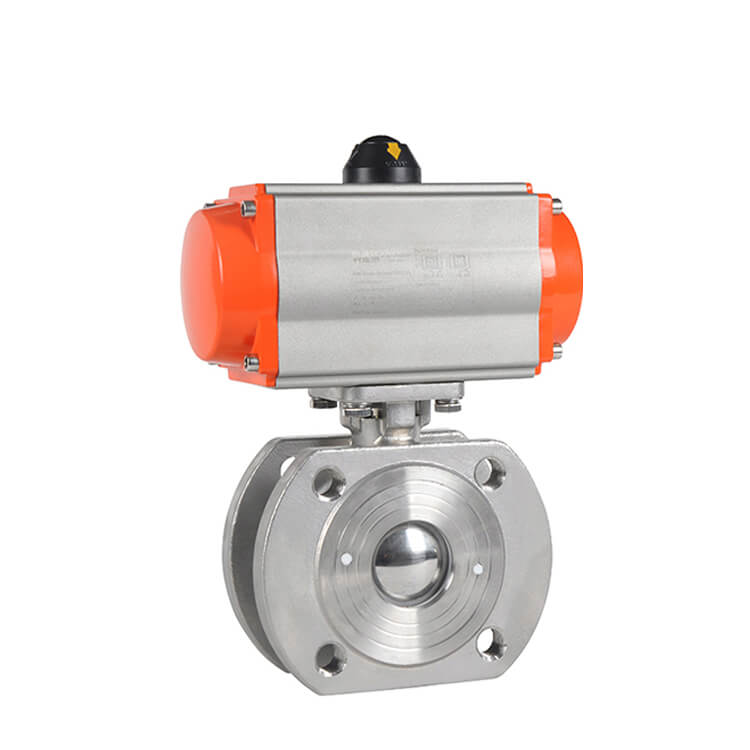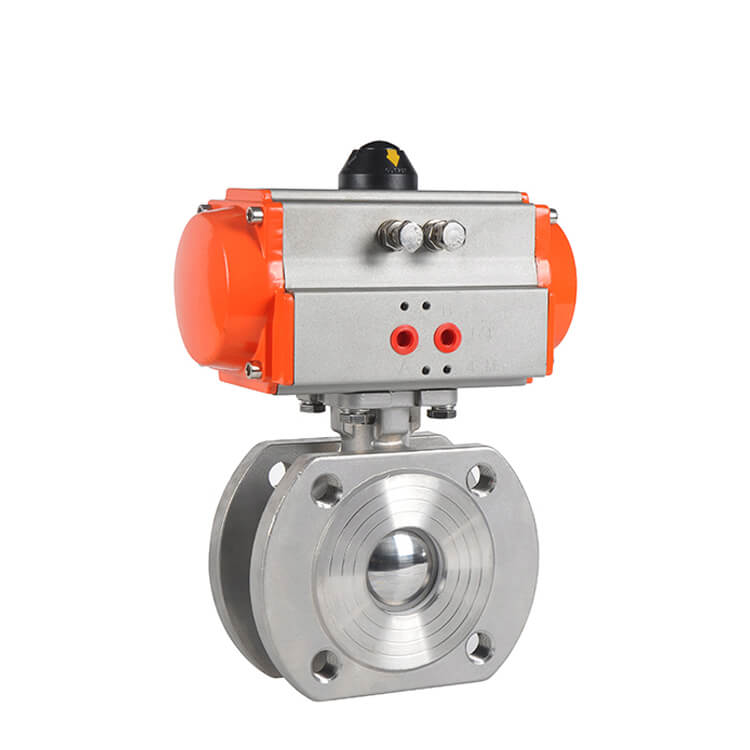Pneumatic yoke actuators stand out for
their remarkable cost - effectiveness and energy - efficiency, making them a
popular choice across various industries.
In terms of cost - effectiveness, these
actuators have a relatively simple construction. The main components, such as
the piston, diaphragm, and yoke mechanism, are straightforward and require
fewer complex machining processes compared to some other types of actuators.
This simplicity in design not only reduces manufacturing costs but also leads
to lower maintenance requirements. With fewer parts to wear out or malfunction,
the need for frequent repairs and part replacements is minimized. Additionally,
the materials used, like stainless steel or aluminum alloys for the housing,
are cost - efficient while still providing high durability.
Energy - efficiency is another strong suit
of pneumatic yoke actuators. They utilize compressed air as the power source,
and air is an abundant and relatively inexpensive resource. Compared to
electric actuators that consume significant amounts of electrical energy,
pneumatic yoke actuators require much less energy input to operate. The
compressibility of air also plays a role in energy conservation. During the
operation, air can be stored and used as needed, and its natural shock -
absorbing property helps in reducing the energy losses associated with sudden
starts and stops. This energy - efficient operation is particularly beneficial
in large - scale industrial applications, such as in oil refineries and
chemical plants, where continuous operation at a lower energy cost can lead to
substantial savings over time.
If you want to learn more about low-priced products, please visit the following website: www.xm-valveactuator.com


